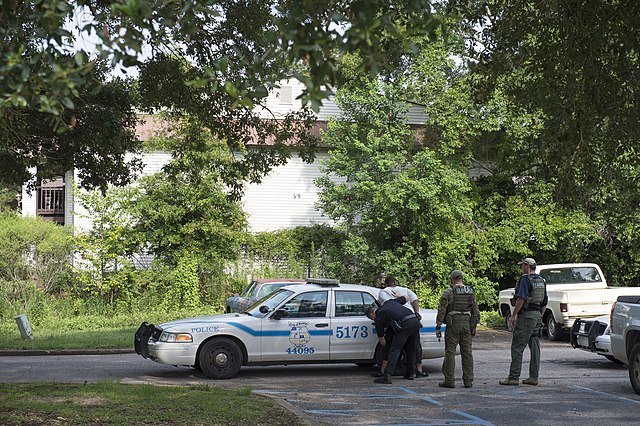
Miami Police Harassment, Misconduct, and Abuse Victims
Police officers are honest and hardworking. They are brave and professional in their stressful jobs. It is not difficult to see that Miami and its surrounding areas have many officers who abuse their power. They egregiously abuse the people they were hired to protect, whether they do so intentionally or not. Police do not have the right to take away a person’s civil rights just because they are badged or have a difficult job.
Types of police brutality
Police brutality can take many forms. It involves the unlawful use of force by police officers. Excessive force is the most common form of police brutality. Law enforcement officers can use force when necessary, but they can’t use more force than is required to manage the situation. Sometimes, police officers use excessive force when it is possible to control the problem verbally. The following are examples of police brutality:
- Choking
- Unjustified shootings
- Use pepper spray in an inappropriate way
- Threats and verbal abuse
- Stun guns or tasers can cause injuries
- Beats that cause the death of the victim
- Excessive force
- A physical assault
- Sexual assault, abuse or harassment of a woman, or rape
- Police custody death:
- Improper imprisonment
- Illegal arrests
Lawsuits claiming excessive force
Citizens are protected from unreasonable searches and seizures by the Fourth Amendment to the US Constitution. The Supreme Court has extended these protections to police officers who use little force. Even though police officers know that excessive force is not allowed, many Philly officers continue to use excessive force, inflicting serious bodily injuries on victims. There have been numerous instances of police brutality in Miami that resulted in severe injuries or even death.
You may wonder if you are eligible for compensation if an excessive police force officer injured you. You may wonder if the police officers used excessive force in your case. Police officers cannot use excessive force if the force used is more than necessary to defend themselves or make arrests. Even if a suspect has committed a crime, police officers can not use excessive force to inflict injuries on the suspect.
Police officers must only use the minimum amount of force necessary to arrest a suspect.
Police officers often claim that the suspect resists arrest when they use excessive force. As evidence is gathered, it often turns out that the suspect wasn’t resisting arrest and the officer was not at risk of being hurt by the suspect. In this case, the officer cannot use excessive force to inflict injury on the suspect. Even if the suspect resists arrest, officers are limited in the force they can use to protect the public from injury and themselves. If a suspect is small and older, a large police officer will not have to use excessive force to arrest her.
Use of Deadly Force
A law enforcement officer may use lethal force to arrest a suspect who resists arrest in several well-publicized cases. The officer usually justifies the force by stating that the suspects threatened his/her life. In cases where the officer uses deadly force against the defendant, it is often the most crucial issue. Only in a narrow range of circumstances do police officers have the right to use deadly force, including:
- The officer in question was at high risk of serious bodily injury or death.
- The suspect tried to flee the police, and the officer had probable cause to believe the suspect was a serious threat.
Imagine a suspect trying to punch a police officer while being arrested. The officer cannot use deadly force to shoot the suspect in that situation. The use of deadly force would be excessive compared to the suspects. The police officer probably cannot use deadly force if a teenager suspect steals food from a shop and runs away. The police officer can use deadly force if the suspect points a gun at him and refuses to drop it.

It is important to discuss your case with an experienced lawyer.
Talking to an experienced lawyer about police brutality will help you make the best decision. We have helped many Miamins obtain compensation for police brutality cases. Our lawyers deeply understand the federal and state laws that prohibit police brutality. The most difficult cases involving police brutality, particularly those that involve lethal force, require careful fact-finding.
We will review your case and advise you if you have a case for police brutality. It is worth investigating whether you have a valid case against a police officer if you are injured. Financial compensation can help you pay your ongoing medical bills and secure your family’s financial future. We will inform you about your rights and help you navigate the process of filing a claim for police brutality.


